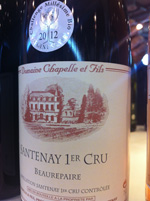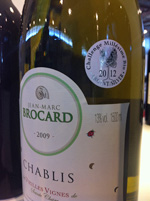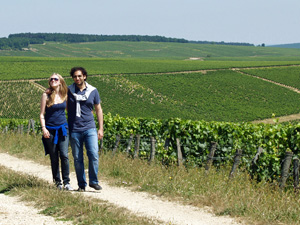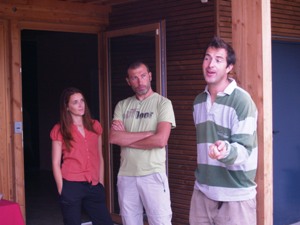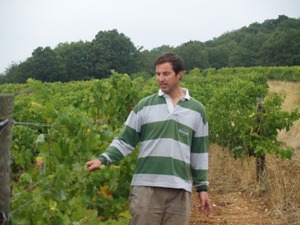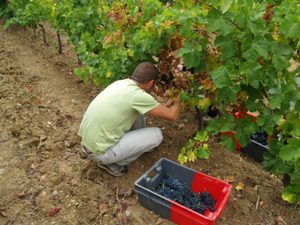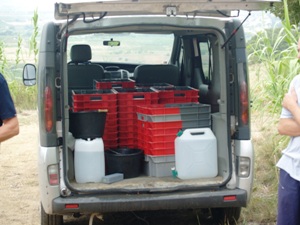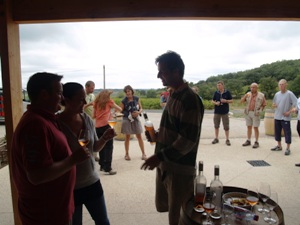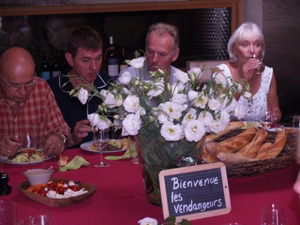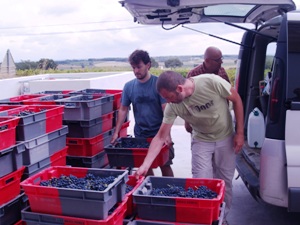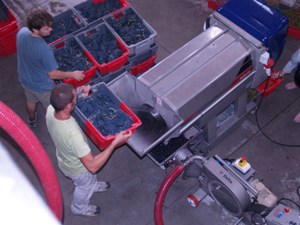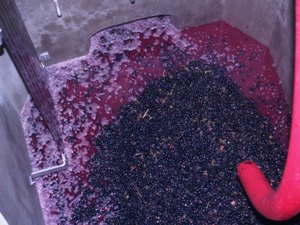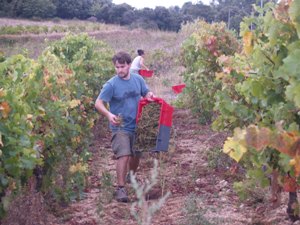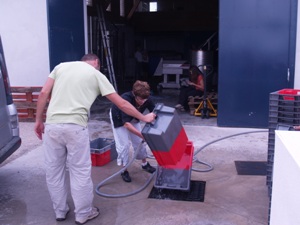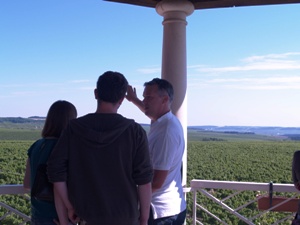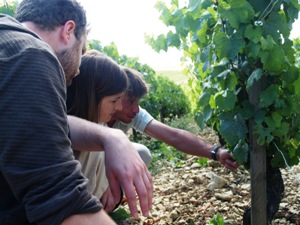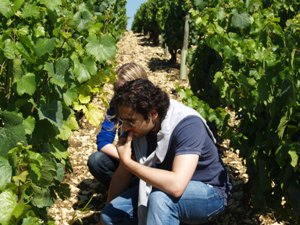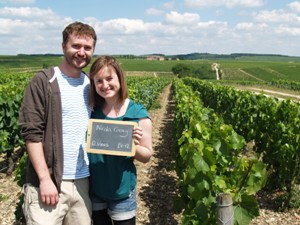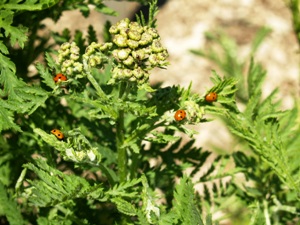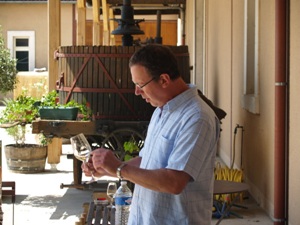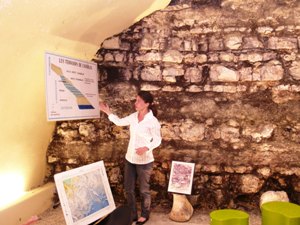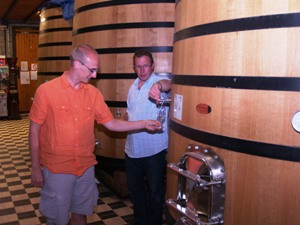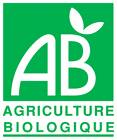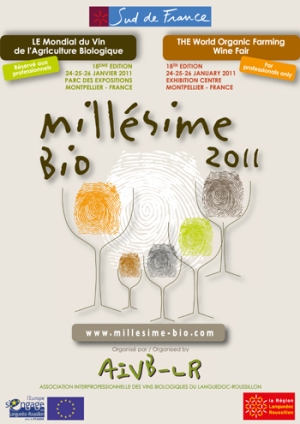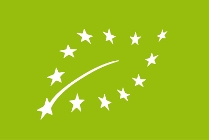We have just spent our first Wine Experience day at Domaine
Allegria, and we are thrilled with our choice of winery and the
winemakers, Ghislain and Delphine d'Aboville. A fantastic
setting and a passionate couple who have an unconventional and
captivating story on how they ended up settling under the
Languedoc sun of southern France.
We met up with some of the clients of the Gourmet Odyssey Wine
Experience for the harvest, and what fine grapes were waiting for
us!
In front of the brand new winery building, Ghislain introduced us
the estate and briefly described his professional journey, from
his beginnings in the Champagne region, his studies of wine in
Montpellier, the experiences he gained whilst working in wineries
in France, Argentina and Italy, up until his quest to find the
perfect land, capable of providing the quality of grapes to make
the wines that he had so long dreamed of making.
Rounding the winery building, we headed up into the vines, where
Ghislain pointed out the difference in grape varieties and
terroir. We crossed to the far side of the vineyard to
reach the plot where the adopted vines of Gourmet Odyssey's
clients are located. A personalised sign for each client
was awaiting them to identify their row of vines!
But, as the name of the Harvest Experience day suggests, we were
there to harvest! Armed with a pair of secateurs each and a
crate, we dispersed amongst the vine rows in teams of two to get
to work harvesting. A few grapes found their way into our
mouths rather than the crates, giving the first hint of the
vintage to come!
The van was quickly filled with the bulging crates, so Ghislain
took the first part of the harvest back to the winery and brought
us back some new empty crates. We obviously had a crack
team of harvesters with us!
Back at the winery, the aperitif was most welcome! We
started the wine tasting of Allegria's nectar with the "Petits
Bonheurs" 2010 rosé, followed by the "Tribu d'A" 2008
white.
We continued the tasting over lunch with some red wines: the
"Tribu d'A" 2008 red, a blend of 80% syrah and 20% mourvèdre and
the wine chosen for the Gourmet Odyssey vintages, the "Cousu
Main" 2008, served in magnums, finishing with the "Carignan
Gourmand" 2008.
After the meal, it was time to get back to work! The first task
was to empty the remainder of the harvested grapes from the van.
Before starting to put the grapes into the fermentation tanks, we
had to rinse the material, and then we each took our places in a
different work post.
The first team took the full crates and emptied them into the
"égrappeur", a machine that separates the berries from the
stalks.
The grapes fall into a basin, from where they are pushed into the
vat with the help of an electric pump. Another team,
positioned above the tanks controlled the grapes as they
arrived. Each grape variety and plot of vines is vinified
separately in different vats.
The stalks are collected in crates underneath the de-stemming
machine and are then taken away and spread among the vines to
decompose and return nutrients to the soil. The vines at
Allegria are cultivated organically, so no synthetic fertilizers
are allowed.
It's very impressive to have the opportunity to be able to go
behind the scenes to see the grapes being put to rest in the
vats, and we were surprised with the speed with which we got
through all of the bunches of grapes that had took us so long to
harvest in the morning!
At the end of the day, all that remained was to clean the crates,
secateurs and the rest of the material used so that all was ready
the following day.
A very instructive and fun day to gain a small insight into the
life of a winemaker. Many thanks to all who came, and to
Ghislain and Delphine for their warm welcome. We left
Pézenas with the feeling that the Allegria odyssey is only just
beginning!
